Real estate investment in Ghana offers significant opportunities for maximizing returns. To make the most of your investment, it’s important to understand the different strategies available. Here are three popular investment strategies to consider:
1. Buy and Hold Strategy
The buy and hold strategy involves purchasing a property with the intention of holding it for the long term. This strategy is suitable for investors looking for steady rental income and potential appreciation over time. In Ghana, areas like Accra and Kumasi have high rental demand, making them ideal for implementing this strategy.
When employing the buy and hold strategy, it’s crucial to consider factors such as location, rental potential, and future development plans. Investing in properties situated in areas with growth potential, close to amenities, and with a favourable rental market can yield stable cash flow and long-term appreciation.
Additionally, conducting thorough market research and due diligence is essential. Evaluate the property’s condition, rental rates in the area, and potential vacancy risks. By choosing the right property, maintaining it well, and attracting reliable tenants, investors can benefit from consistent rental income and potential property value appreciation over time.
2. Fix and Flip Strategy
The fix and flip strategy involves buying a property, renovating or improving it, and then selling it for a profit. This strategy requires careful market analysis and property evaluation to ensure potential profitability. In Ghana, emerging neighborhoods with growing demand present excellent opportunities for fix and flip investments.
To successfully implement the fix and flip strategy, investors should carefully assess the property’s condition, renovation costs, and potential resale value. Engaging experienced contractors, architects, and designers can help ensure efficient and cost-effective renovations. It’s crucial to focus on improvements that add value, such as upgrading kitchens and bathrooms, enhancing curb appeal, and optimizing living spaces.
Timing is also a crucial factor in the fix and flip strategy. Understanding market trends, demand-supply dynamics, and economic indicators can help investors identify the right time to buy, renovate, and sell the property. Conducting a thorough comparative market analysis and setting a realistic selling price are vital steps to maximize returns.
3. Real Estate Investment Trusts (REITs)
REITs are investment vehicles that allow investors to pool their resources and invest in a diversified portfolio of income-generating real estate assets. Investing in REITs provides an opportunity to earn passive income and benefit from professional management. In Ghana, REITs are gaining popularity and offer investors a hassle-free way to participate in the real estate market.
REITs offer several advantages for investors, including diversification, liquidity, and professional management. By investing in REITs, individuals can gain exposure to a range of properties, including residential, commercial, and industrial assets, without the need for significant capital or hands-on involvement in property management.
When considering REITs, it’s important to evaluate factors such as the track record and reputation of the REIT management team, the types of properties in the portfolio, historical returns, and fees involved. Assessing the risk-reward profile and aligning it with your investment goals is crucial before investing in REITs.
Remember, each investment strategy has its own risks and rewards. It’s crucial to conduct thorough research, consult with professionals, and assess your risk tolerance before embarking on any investment journey in Ghana’s real estate market.
By understanding these investment strategies and tailoring them to the Ghanaian real estate market, you can position yourself for success and maximize your returns.





